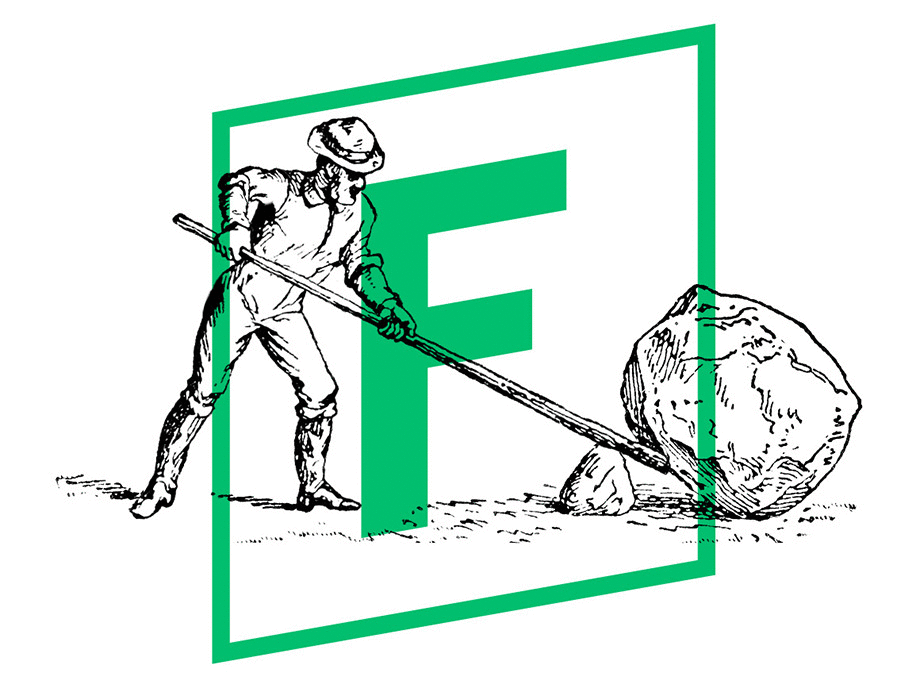
Want Faster Training? Start with Optimal Challenge.
Without Yoda, Luke would be living on Tatooine.
Without Mickey, Rocky would be loan sharking.
And Cobra Kai might still be beating up Daniel if not for Mr. Miyagi.
But that’s not how these stories go.
One of the primary reasons that all of these heroes were able to overcome their circumstances and realize their full potential is because each of them had a great trainer in their corner.
If you’ve ever worked out with a trainer in a gym, then maybe you’ve experienced something similar thing – although with admittedly lower stakes than the fate of the Galaxy. A great trainer is able to bring out the best in you and make your workout much more effective and efficient than if you’d trained on your own. That’s because – just like Yoda, Miyagi and Mickey – they’re great at keeping you motivated AND, more importantly, they know how to create a routine that’s challenging enough to get results quickly, but not so challenging that you get hurt or want to quit.
The same notion is true at work too. We don’t just achieve better performance with a dedicated trainer. We achieve more, quicker – with greater efficiency. Which is good because time is money and because we all need to get back to work.
Fulcrum’s Adaptive 3.0 Learning platform works a lot like a “great trainer”. The platform adapts the training to keep learners motivated and engaged. It delivers specific feedback – that addresses each learner’s unique struggles – and encourages them to take control of their learning and follow their own pathway to mastery. Perhaps most importantly, our adaptive engine serves up content that targets each learner’s Optimal Challenge. This means the content is challenging enough to get results quickly (aka: get learners to confident mastery of the material fast), but not so challenging that learners give up or disengage.
So, what is Optimal Challenge?
In our platform, Optimal Challenge is all about striking a balance between the challenge level of a Practice assessment, and the skill level of a learner. Learners with high levels of skill (or prior knowledge) will, right away, be served much more difficult content than learners with little skill (or prior knowledge) in a subject area.
By dialing the difficulty level of the content – just like a trainer would adjust the difficulty of a workout – our platform helps learners stay engaged and drives them to mastery much more efficiently and effectively. And, because the training stays within each learner’s Optimal Challenge, the platform helps increase their confidence as well.
Research Behind Optimal Challenge
Optimal Challenge is a technique derived from a combination of video game theory and cognitive psychology. And there are numerous studies that demonstrate how important optimal challenge is for learning.
For example, we know that when there are “desirable difficulties” in learning (aka: the learning is at an optimal level of challenge), the brain stores more of it in long-term memory.
We also know that the idea of optimal challenge is tied to Self-efficacy (the belief that one can overcome a challenge due in part to past experiences), and Self Determination Theory (the idea that we will engage in a task because we feel we can use our skills effectively to overcome any challenges we may face). Both of these theories from cognitive psychology tell us that people tend to disengage if the task is too hard.
“If while playing a game the player fails continuously because the challenge level is higher than their skill, and they are getting negative physiological feedback in the form of stress and frustration, they are likely to churn out of the game and not return to it.” – Finding the Optimal Level of Challenge

Conversely, when something is too easy, people don’t think it’s worth their time and disengage in the experience.

But, when a task is challenging enough, it fulfills our basic psychological needs for competence and autonomy. This, as we’ve shown in the past, leads to greater levels of confidence, mastery and more accurate application of learning.

Challenge is also one of the most important factors in user satisfaction. In fact, one video gaming study demonstrates that challenge is actually more important to enjoyment than winning, but that there is an optimal level of challenge that a player can face before enjoyment falls off again.
All this research and more contributed to the implementation of Optimal Challenge within the Fulcrum Platform.
So, How Does it Work with Fulcrum?
The research tells us how important it optimal challenge is, but implementing learning that achieves this balance requires a cutting-edge technology. After all, what’s challenging to one learner might not be to another and determining and adjusting optimal challenge at scale, across hundreds or thousands of learners, is impossible to do without the help of technology.
That’s where Fulcrum’s AI-powered, adaptive “trainer” steps in. First, the system gets to know you. It maps and analyzes your performance and behavioral choices (BKM™) within the learning environment. In fact, our coach accurately remembers every single learner interaction and “click.” It adjusts content in real-time to deliver the “Optimal Challenge” for you. It is then able to make predictions about what training you’re likely to apply back on the job, and what training you are not.
And this same experience is delivered for every learner at scale. With our trainer-like platform, no two learners will experience the exact same learning pathway, because no two learners have the exact same challenge needs.
Just like Karate Kid’s famous “wax on, wax off” scene, a learner might not realize what’s really at work in their learning experience. It might seem like pretty straightforward learning to them. But all the while, the Fulcrum system is churning underneath, and providing the exact content each learner needs to build mastery and confidence as efficiently as possible.
If you’re interested in learning how a “great trainer” can help boost the efficiency of your training by offering your learners the optimal challenge, let’s talk about how it might benefit you.
